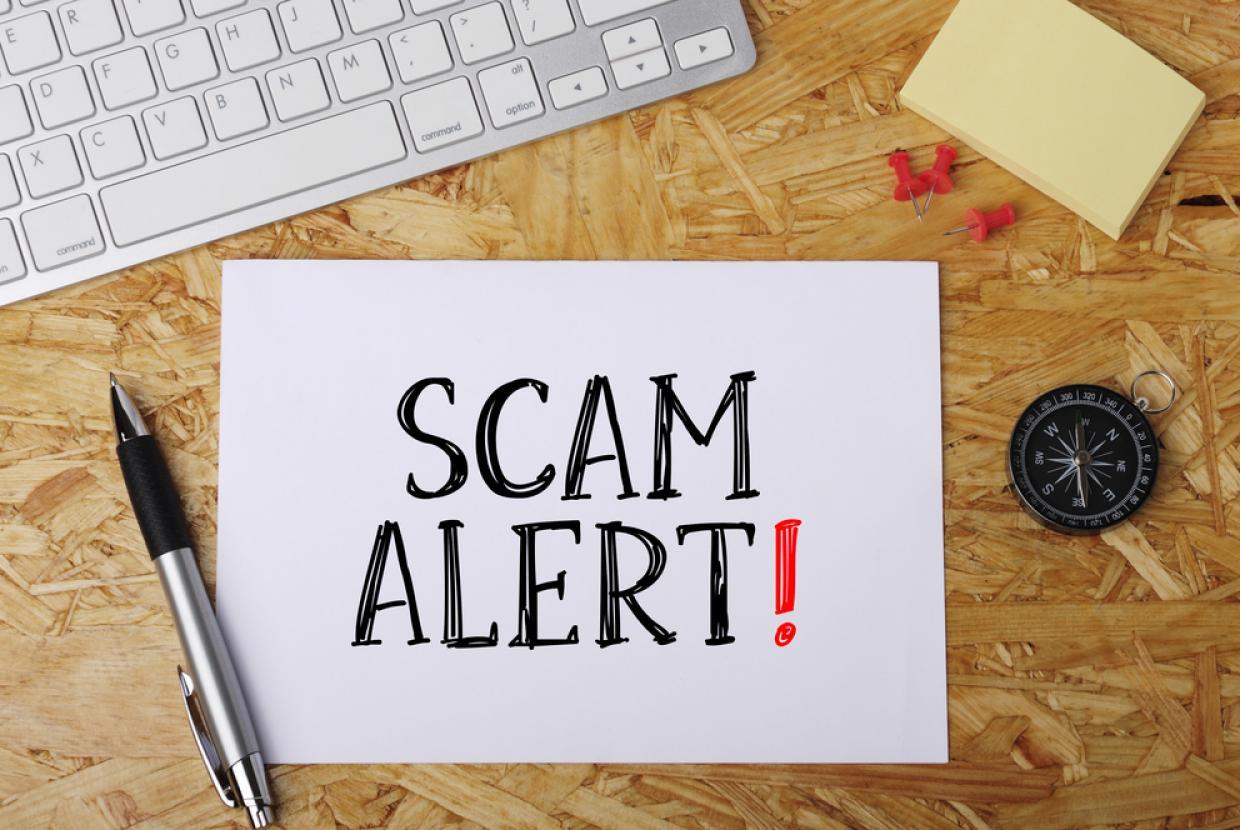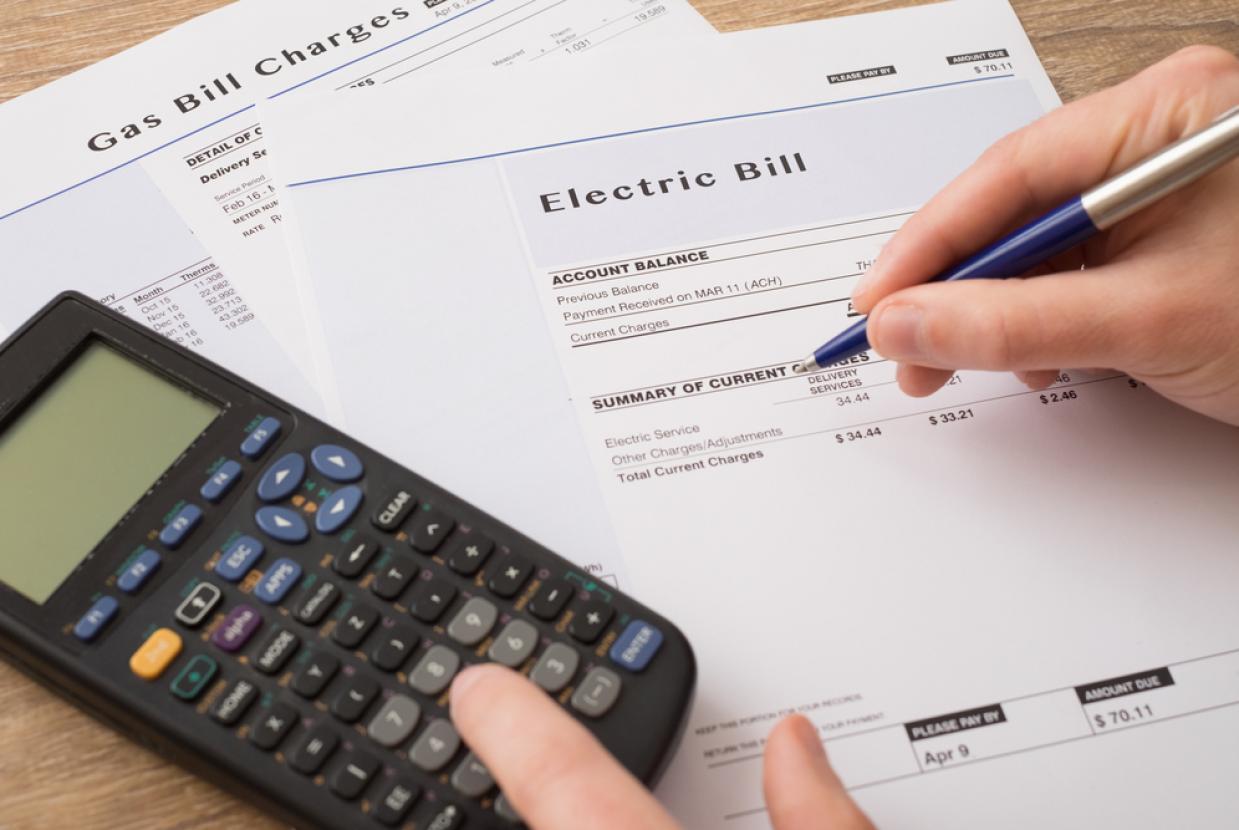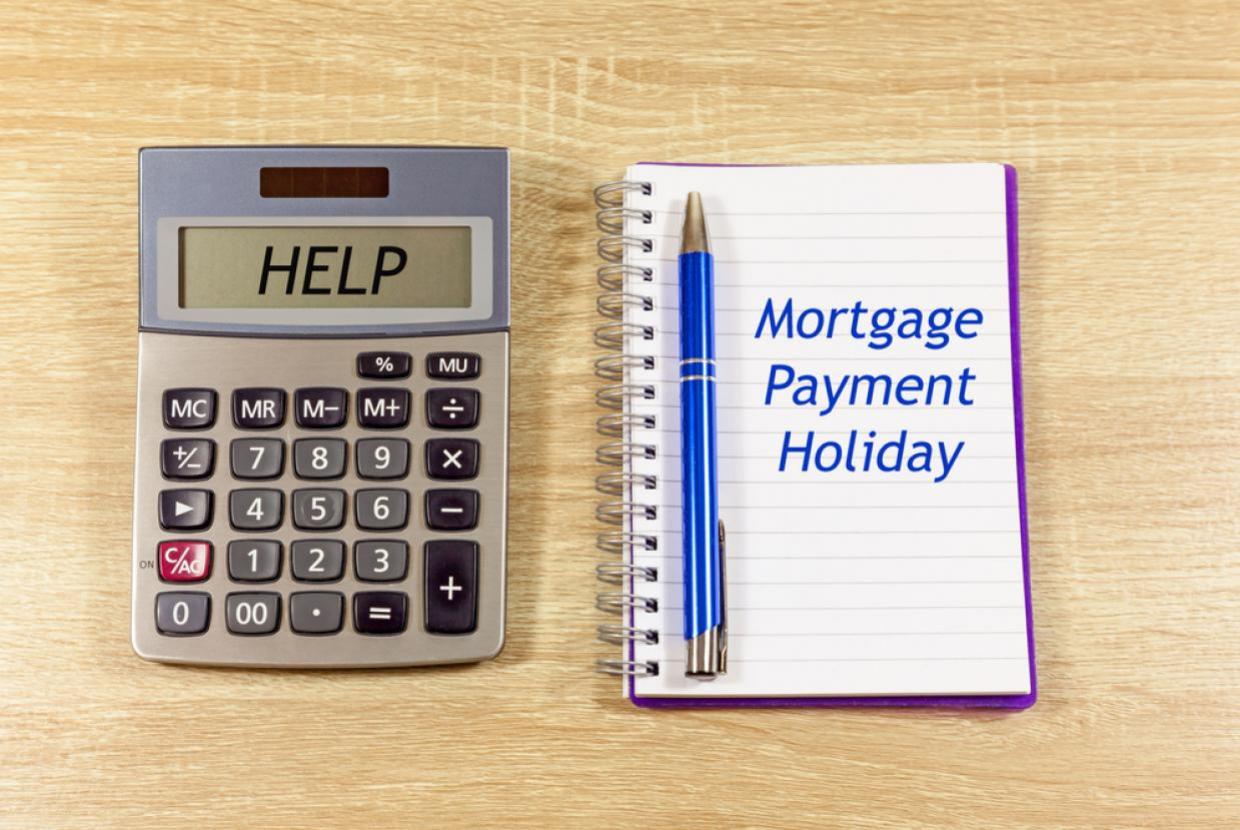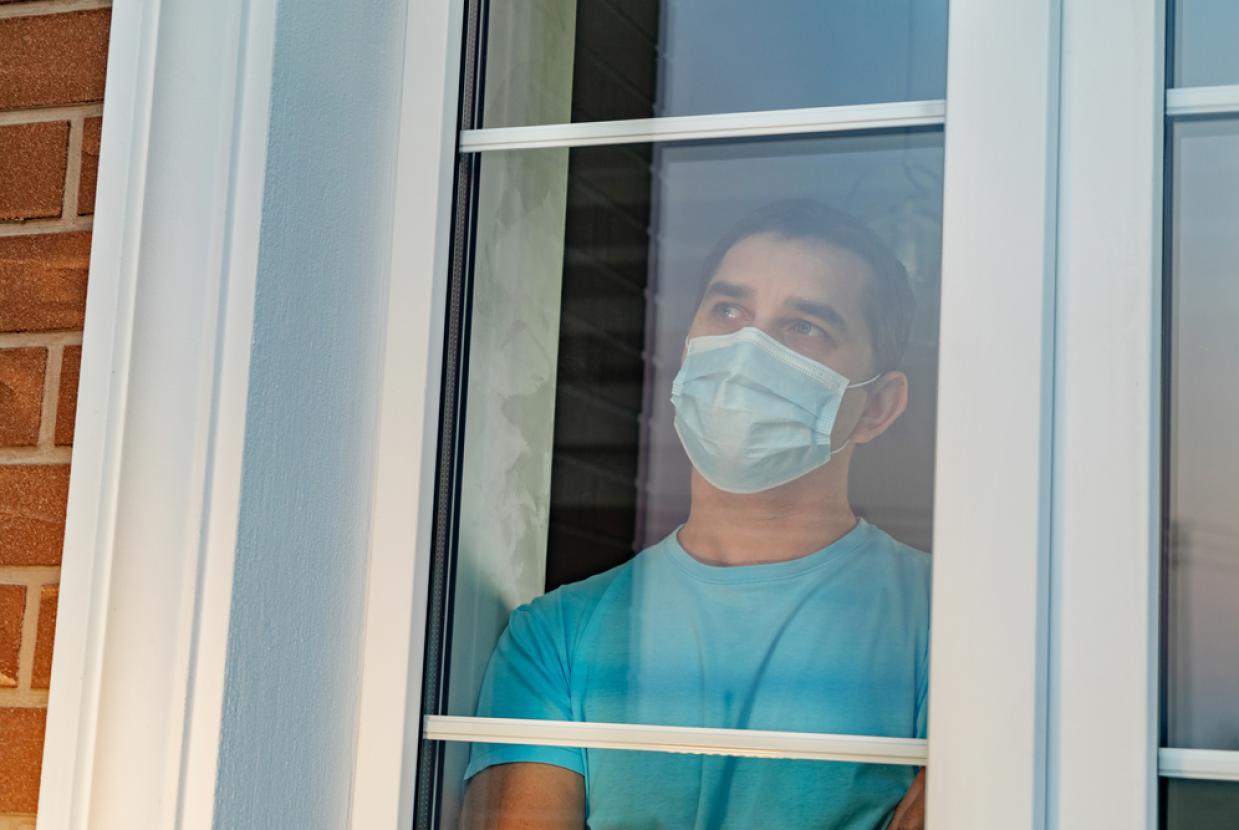Coronavirus scams
Fraudsters are using the coronavirus outbreak to scam people out of money. This has included people attempting to buy protective face masks from fraudulent sellers and coronavirus-themed phishing emails.
Here’s a round up of some of the scams we’ve heard about so far.
Email and door-to-door scammers claiming to be from research companies connected to organisations like the Centre for Disease Control (CDC) and the World Health Organisation (WHO) offering coronavirus tests, or details of those who have been infected.
People being encouraged to invest money in the stockmarket as share prices have fallen a lot in recent weeks. The scammers will often tell you this is low risk, high reward, which is a tell-tale sign of a scam. Be very careful of anyone who contacts you out of the blue with a too-good-to be true investment proposition.
Emails appearing to be from the government offering money to help you through this difficult time and messages from HMRC offering you tax rebates.
Government grants, particularly the self employed income support scheme, are likely to be targeted by scammers. If you’re self-employed, this scheme is not open yet, so any contact you have from someone claiming to be from HMRC offering you access is a scam.
Many scammers are taking advantage of the fact it is harder to get in contact with providers because shops are closed, and helplines are very busy. Be suspicious if you get a text message, email or phone call saying there is an issue with your payment or bill.
Scammers have also been contacting people pretending to be from banks offering financial help like no late fees on credit cards and payment holidays on loans, as a way of getting you to reveal your card and bank account details.
The number of scams is only likely to increase and Action Fraud is reporting hundreds of thousands of pounds being lost to scammers since the outbreak began.
It’s important you remain extra vigilant at all times, make sure any calls and emails you’re getting are from legitimate sources and don’t give out any personal information.
Find out more about how to spot, avoid and report scams.
Learn more about coronavirus scams on the Action Fraud website.












